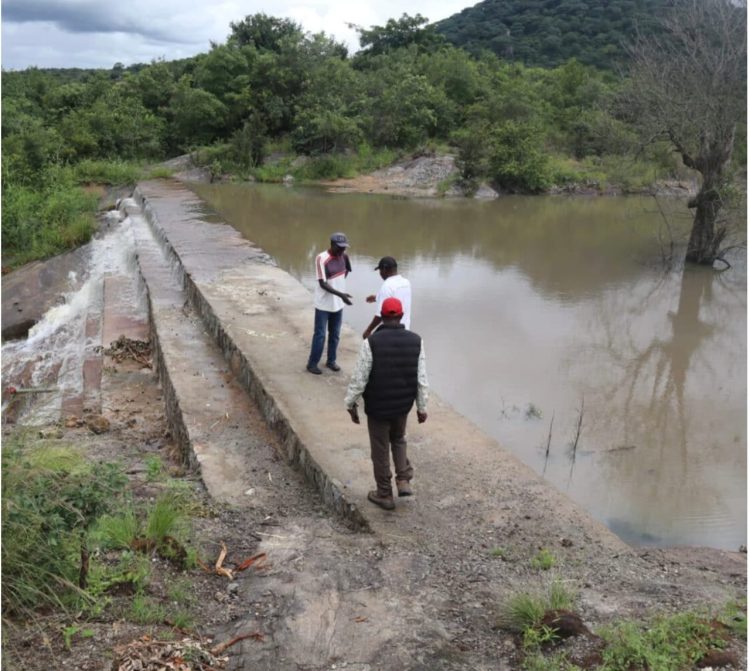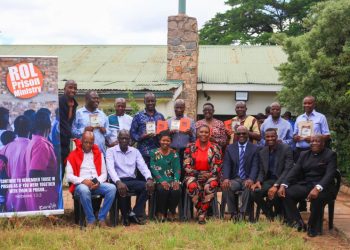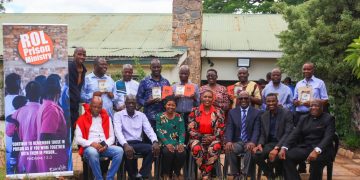The construction of Chapedo Dam in Bikita District Zimbabwe recently completed through a partnership between Christian Care, Act for Peace, The Charitable Foundation, and the Local Government, a transformational move which brought hope to the local community.
For years, families in Ward 5 of Makuvaza struggled with water scarcity, threatening crops, livestock and daily life.
Posting on their social handles, Christian Care Zimbabwe, Head of Programs, Oxwell Madara said, Christian Care engaged the community in constructing the dam—employing local labour, empowering women, and restoring dignity to a people often left behind.
Today, the dam is 100% full, following a blessed rainy season. Nearby, nutrition gardens have sprung to life, livestock have reliable drinking sources, and families are moulding bricks for new homes.”
Partnership with Global Ministries and other faithful companions enables this life-changing work. Together, we embody the Gospel’s call in Luke 10: to go, bless, heal, and proclaim God’s nearness. Christian Care continues to walk alongside the vulnerable—because mission is not a moment, but a movement.
Global Ministries provided resources for fencing a nutrition garden supplied by the dam, helping protect crops and ensure sustainability for local families.
One community member said, “We have not seen this much water in decades—our lives are changing.”
Christian Care was formed in 1967 by the Zimbabwe Council of Churches tasked to improve the quality of life of the disadvantaged, including refugees.
As an arm of the church Christian Care is called to witness the presence of God among the poor and disadvantaged who are burdened by oppression, poverty, ill health, lack of freedom or knowledge to make sustainable life-supporting choices.
Before Zimbabwe’s political independence in 1980, Christian Care was concerned with the relief of families of political prisoners and the prisoners themselves. This program reached out to about 5000 people. Other relief programs included drought relief, special emergencies, and an essential service for people displaced by escalating war, which peaked around 1975 with the establishment of protected/consolidated villages.



























